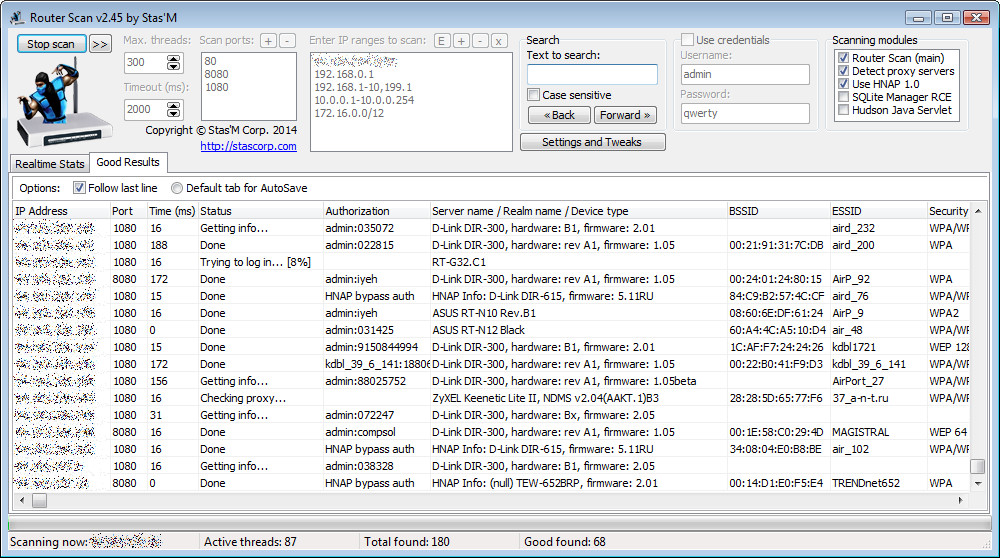


The upside of Wi-Fi? It lets you connect to the internet wirelessly. But unless your network is password protected, any device within range - whether yours, your guest’s, or a stranger’s - can pull the signal from the air and use your internet connection. You use that signal to connect to the internet. It usually involves a wireless router that sends a signal through the air. Your Wi-Fi network is your home’s wireless internet connection. Identity Theft and Online Security Show/hide Identity Theft and Online Security menu items.Unwanted Calls, Emails, and Texts Show/hide Unwanted Calls, Emails, and Texts menu items.Money-Making Opportunities and Investments.Jobs and Making Money Show/hide Jobs and Making Money menu items.Credit, Loans, and Debt Show/hide Credit, Loans, and Debt menu items.Shopping and Donating Show/hide Shopping and Donating menu items.Make sure your devices are protected by appropriate security software, wherever possible. To minimize this risk, practice good security principles at home: Keep all your devices up to date with the latest software, be picky about which apps, programs, and browser extensions you install, and protect your devices with long, difficult-to-guess passwords that are all different from each other. With that in mind, one of the highest risks to your router is that it's compromised by a device that it thinks it can trust-in other words, something on your phone or laptop gets access to it and causes some mischief, perhaps by secretly opening an entry point to your router that can be accessed remotely.

They now handle lot of the key security settings for you. Manufacturers appreciate the importance of router security and reliability more than ever, so the products are much more user-friendly than they used to be. Despite decades of relative neglect, most routers launched in the last couple of years come with excellent security built in.


 0 kommentar(er)
0 kommentar(er)
